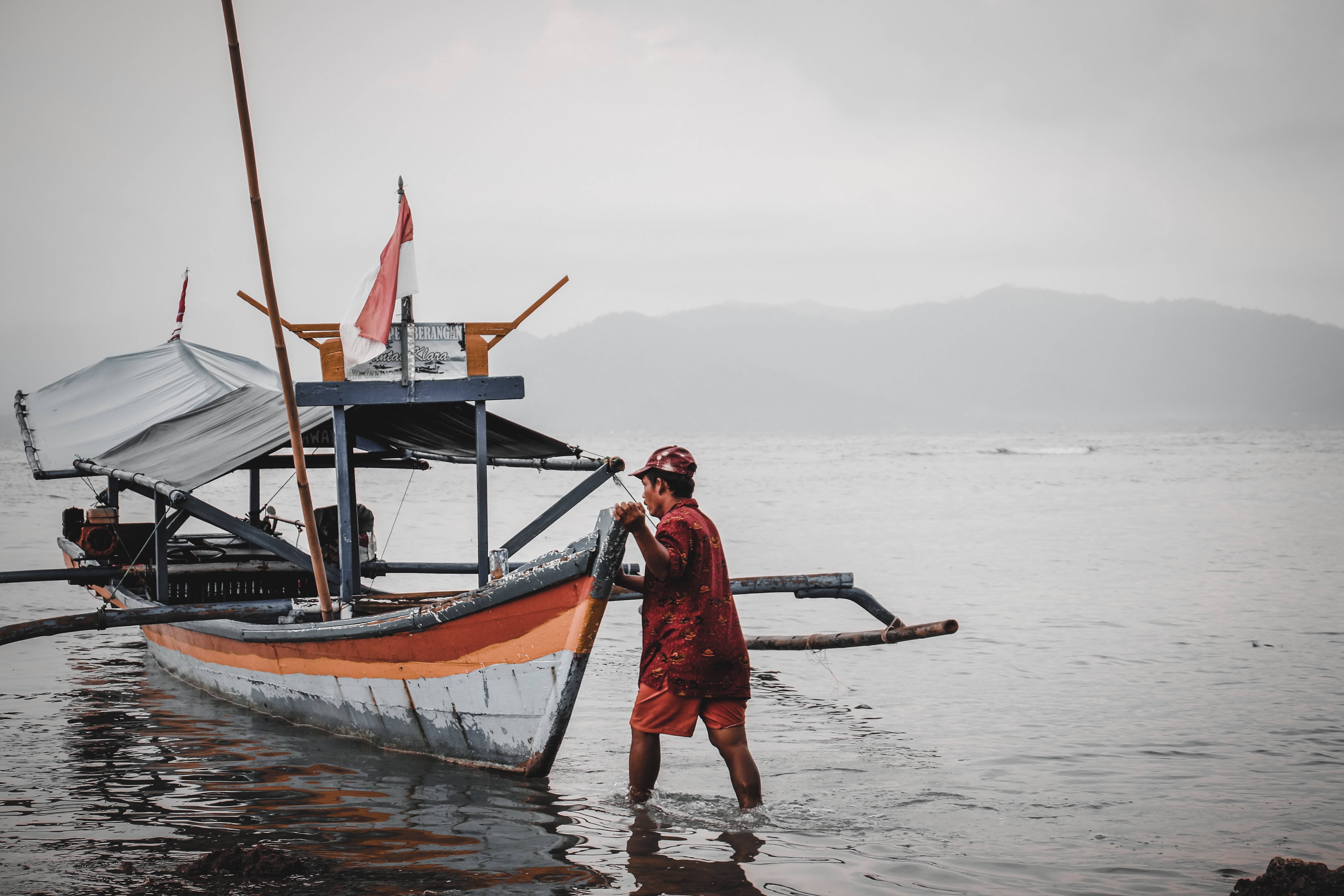About
Indonesia is the second largest fishing nation in the world and sustainable fisheries are crucial to supporting Indonesia’s economic growth and the food security, nutritional needs, and livelihoods of millions of Indonesians. However, ensuring the continuous provision of seafood to support both local and commercial needs has proven to be a challenge due to the persistence of quasi open-access, and resulting overfishing, of many fisheries. While recovering Indonesia’s overfished fisheries can provide huge economic and social benefits in the long-term, there are tradeoffs and costs associated with this process. Strategic investments are needed to kick-start fishery recovery, reduce the potential short-term societal cost of fishery recovery, and sustain management.
Designing a coordinated strategy of improved management and value-enhancing investments requires the quantitative assessment of fishery outcomes under alternative investment and management policy scenarios. We assessed the impacts of different types of management reforms, their level of enforcement, and value-enhancing investments on select Indonesian fisheries in target Fisheries Management Areas.
